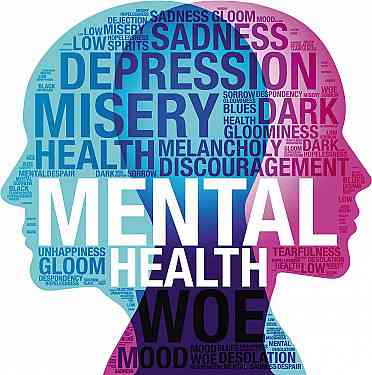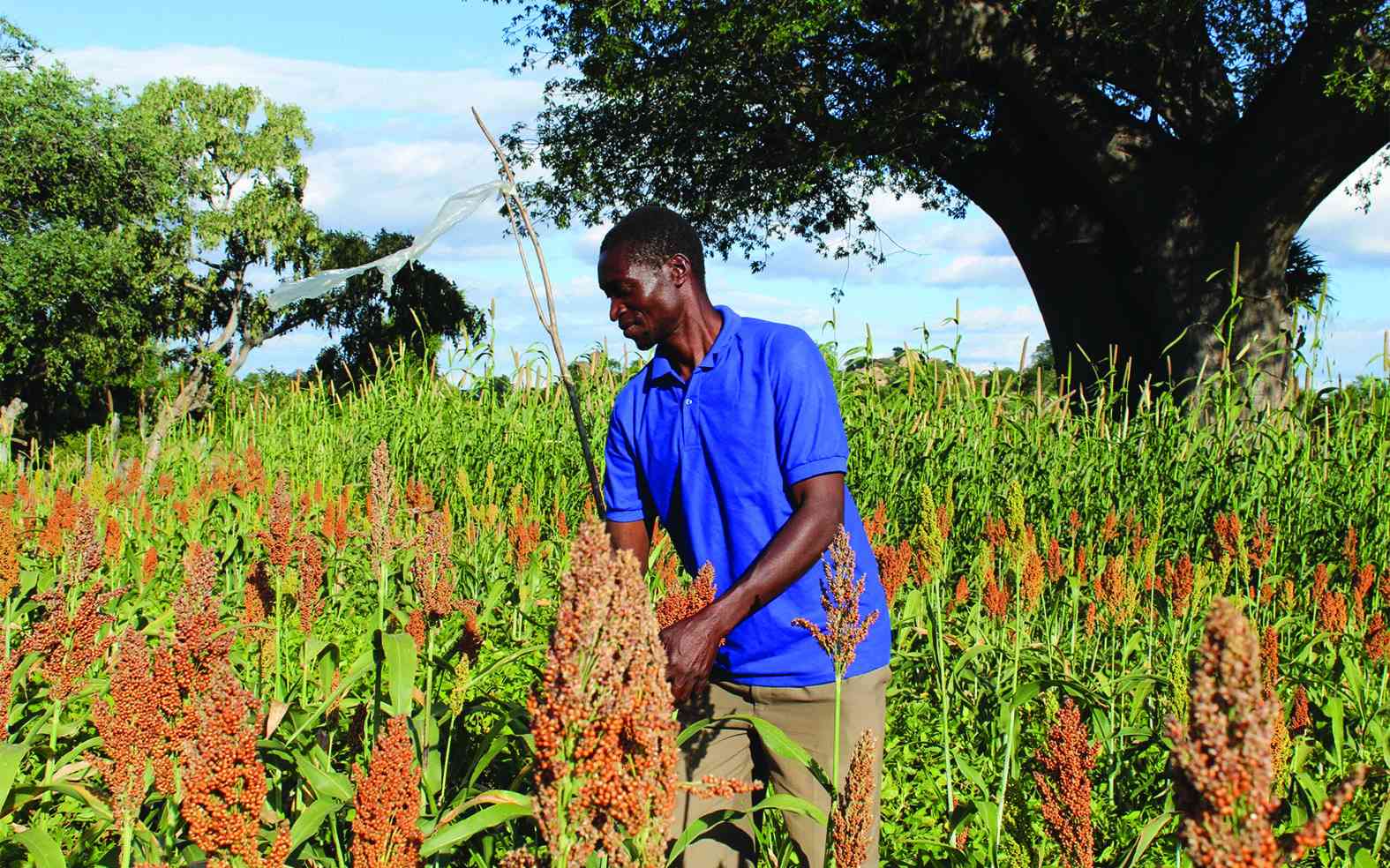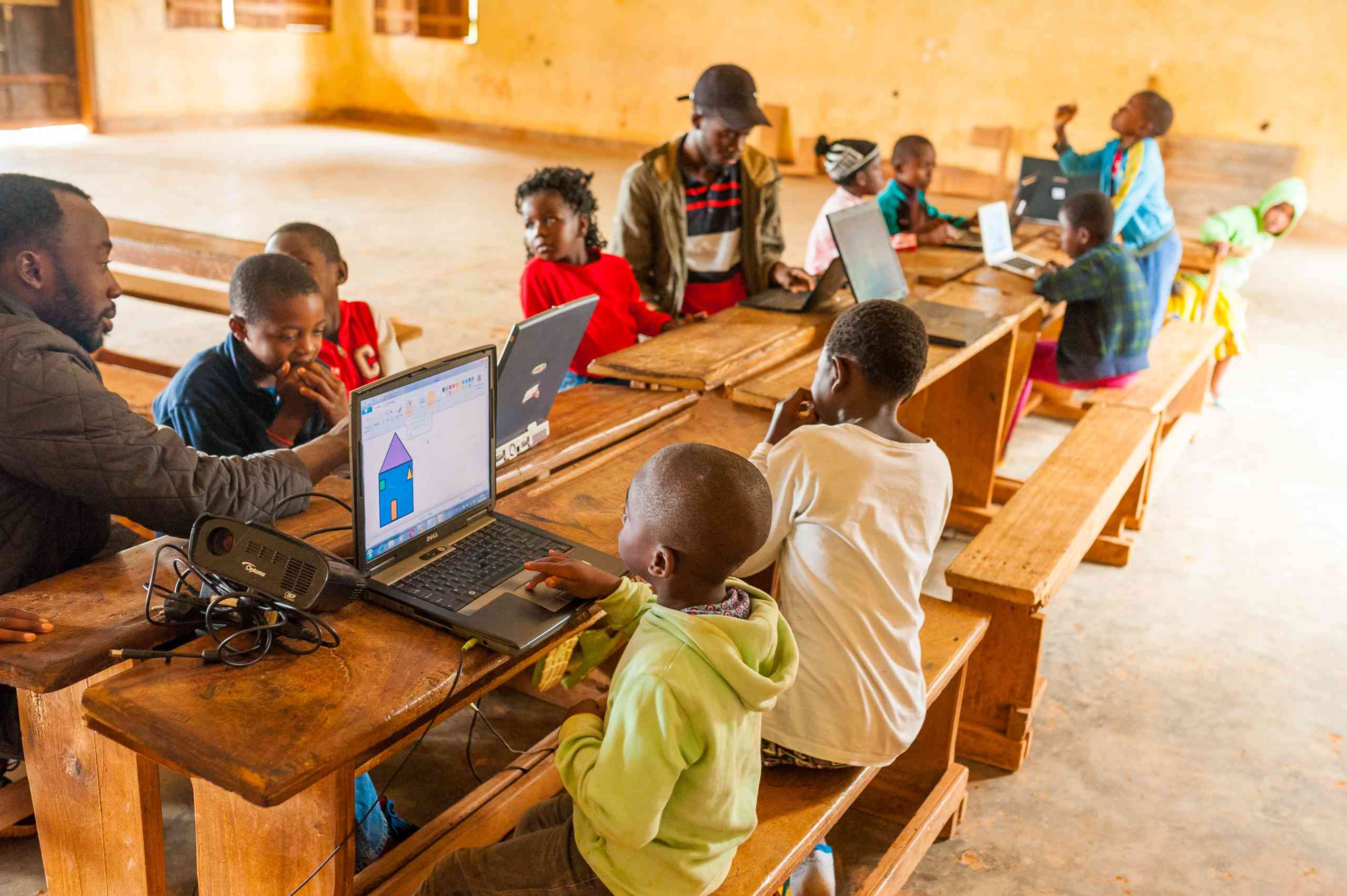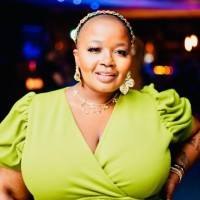
They are often the life of the party, making everyone laugh and keeping their social media pages lively.
But behind many of these bright smiles among African youths lies a quiet battle with depression, anxiety, and trauma.
Mental health is still widely seen as a “Western issue,” far removed from the everyday realities of African homes, schools, and churches.
In many families, mental health struggles are misunderstood or brushed aside.
Depression is labelled as laziness, anxiety as overthinking, and trauma is ignored with phrases like, “We all went through it and turned out fine.” Boys are told to “man up,” while girls are expected to “endure” in silence.
This culture of dismissal forces many young people to struggle alone, afraid of being judged if they open up.
Religion, deeply tied to African identity, also shapes perceptions of mental health.
For some, faith is a source of strength and resilience.
- Masvingo turns down fire tender deal
- Addressing unfair trade key to transforming African food systems
- Athletics team buzzing after Mauritius heroics
- Urgent economic structural transformation necessary
Keep Reading
For others, their struggles are misread as weak belief, or worse, as spiritual possession.
Instead of therapy, many are simply urged to “pray harder.”
While prayer can be healing, replacing professional care with prayer alone worsens the stigma and keeps many from seeking help.
The harsh economic reality adds fuel to the crisis. Rising unemployment, poverty, and limited opportunities crush the dreams of countless youths.
Some turn to drugs or crime as an escape, while many quietly slip deeper into depression.
Accessing professional mental health care is costly, and in rural areas, it is often unavailable altogether.
Generational differences widen the gap.
Parents and elders struggle to grasp the modern challenges today’s youth face.
While older generations focused on survival and tradition, today’s young people battle cyberbullying, body image issues, identity crises, and the relentless pressures of social media. Instead of support, they are often met with dismissive remarks like, “You are too soft” or “Back in our day, we were stronger.”
Still, a new wave of young Africans is changing the narrative.
Through podcasts, poetry, music, and social media, they are daring to speak openly about their struggles.
Safe spaces are emerging where vulnerability is met with understanding instead of ridicule.
Peer support groups, campus initiatives, and grassroots movements are breaking the silence, proving that seeking help is an act of courage, not weakness.
The stigma surrounding mental health among African youths won’t disappear overnight, but every honest conversation weakens it.
Schools must integrate mental health education, churches should pair counselling with prayer, and communities need to see therapy as a path to healing, not shame.
Africa cannot afford to lose its most promising minds to silent suffering.
Healing begins when young people stop hiding their pain and embrace the courage it takes to ask for help.










